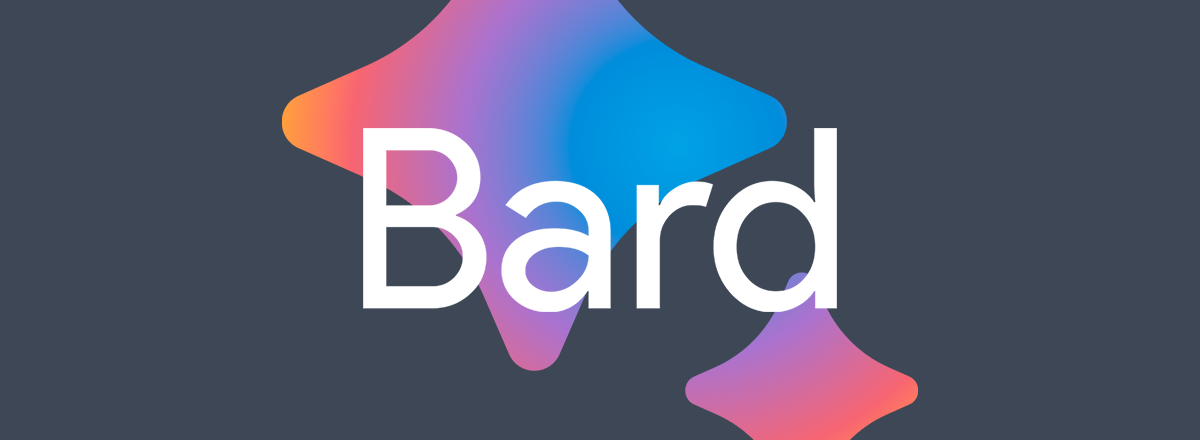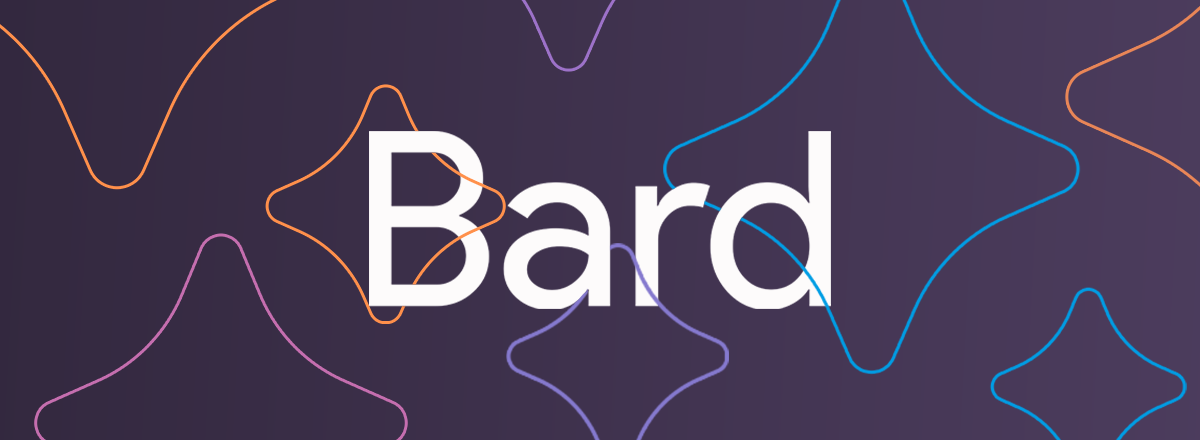Google has announced a significant update to its AI chatbot Bard, marking the most substantial expansion of its functionality since its initial launch. With this update, Bard becomes available to users in over 180 countries and territories, supporting 40 languages, including commonly spoken ones like Chinese, Arabic, German, and Spanish, as well as regional languages like Hindi, Tamil, Bengali, and Urdu spoken in India.
You can now access Bard in new languages and countries, customize responses, add images to your prompts and more. Learn more ↓ https://t.co/k0s7wshyMT
— Google (@Google) July 13, 2023
One of the features introduced in the update is the ability to export code to more places – namely, Python code to Replit. Additionally, Bard has gained the ability to adjust the tone and style of its responses and can vocalize its answers.

Bard offers users the flexibility to receive brief or detailed responses, use simple or professional language, and more. However, this last feature is currently available only in the English version. The update also simplifies the search and pinning of conversations with the chatbot, enables sharing of responses with friends, and allows the use of images in prompts.
Notably, Bard is now accessible in the European Union. The EU launch was previously delayed due to concerns raised by the Irish Data Protection Commission (DPC). The DPC stated that Google had not provided sufficient information to address data privacy concerns. However, after engaging with experts, policymakers, and privacy regulators, Google has now addressed these concerns and launched Bard in the EU.














